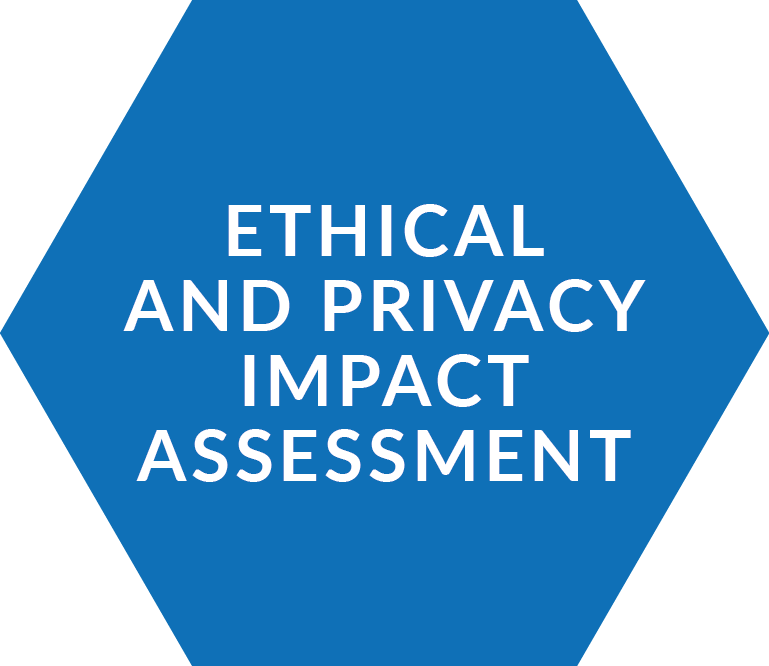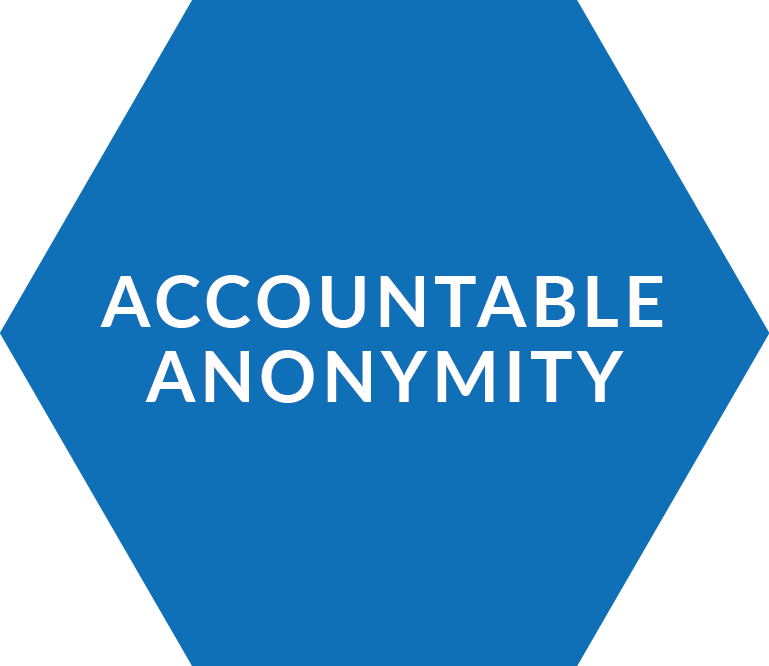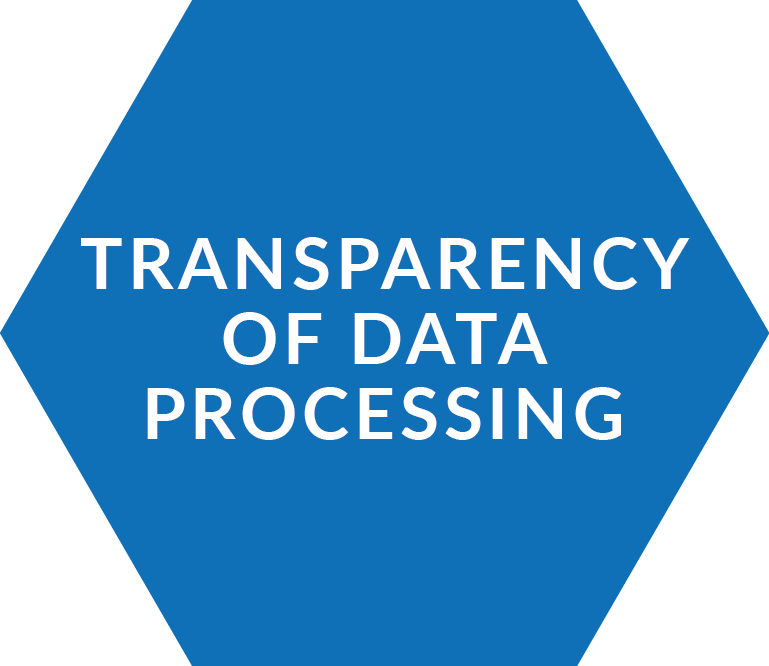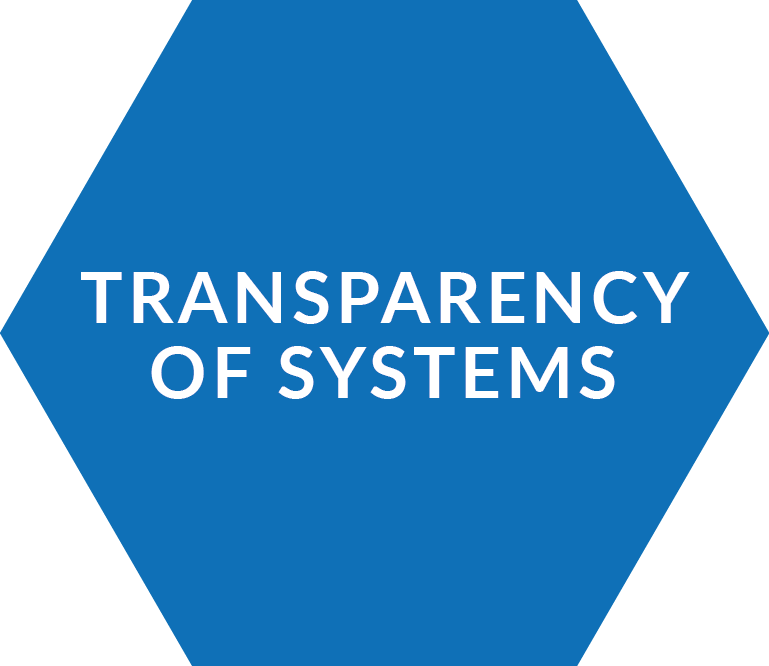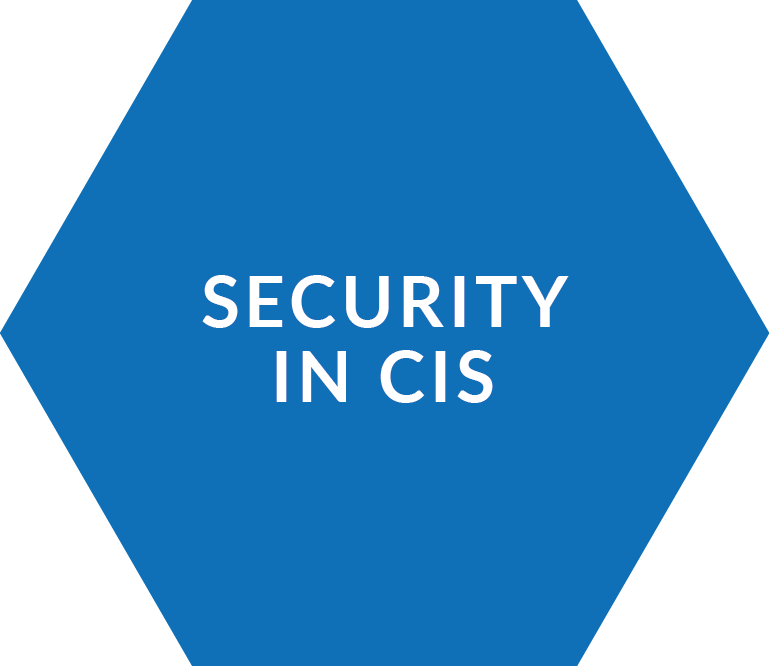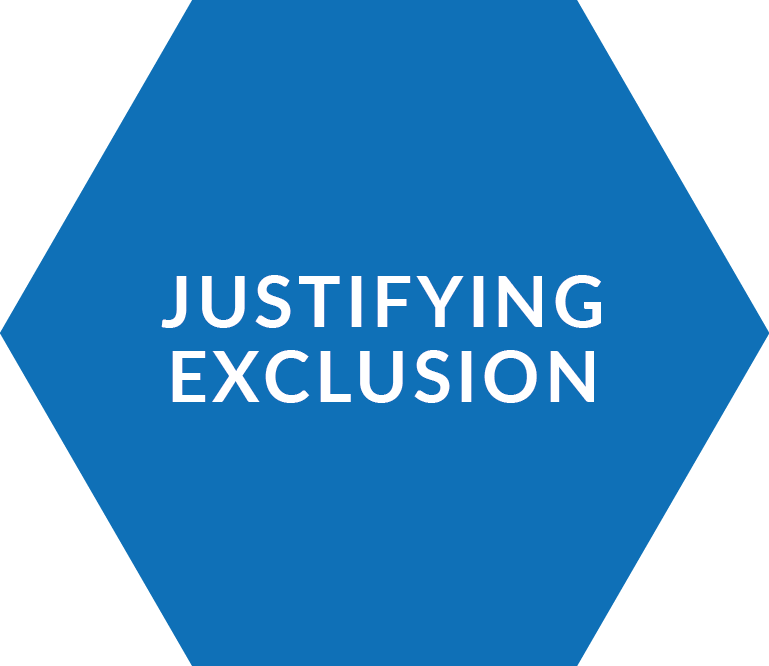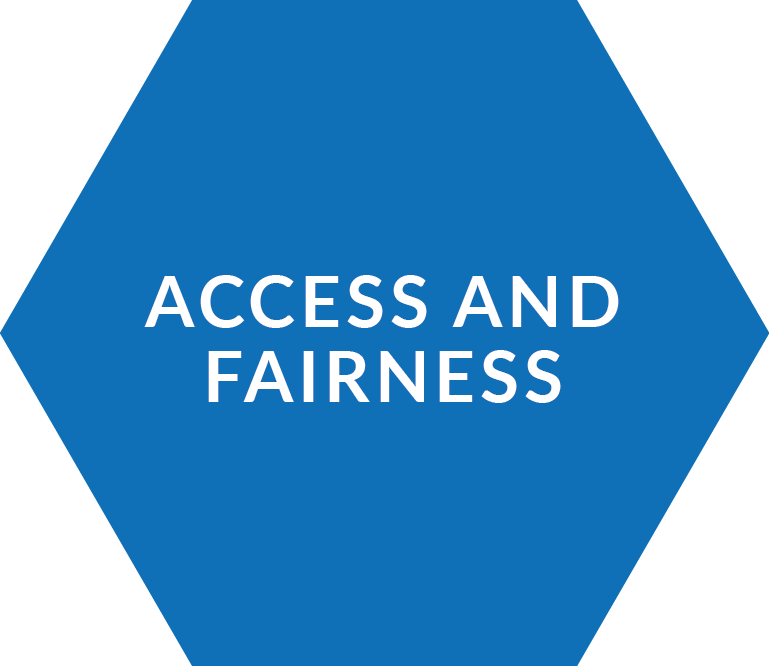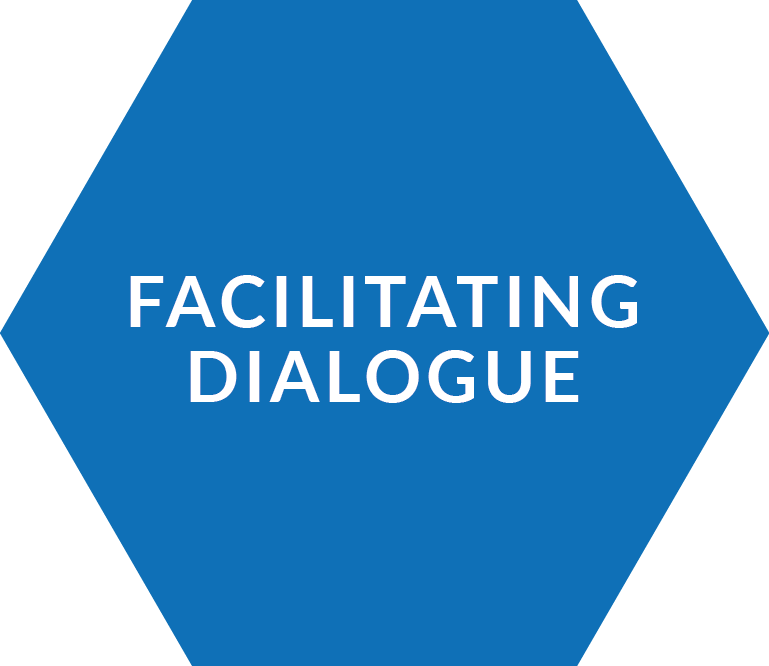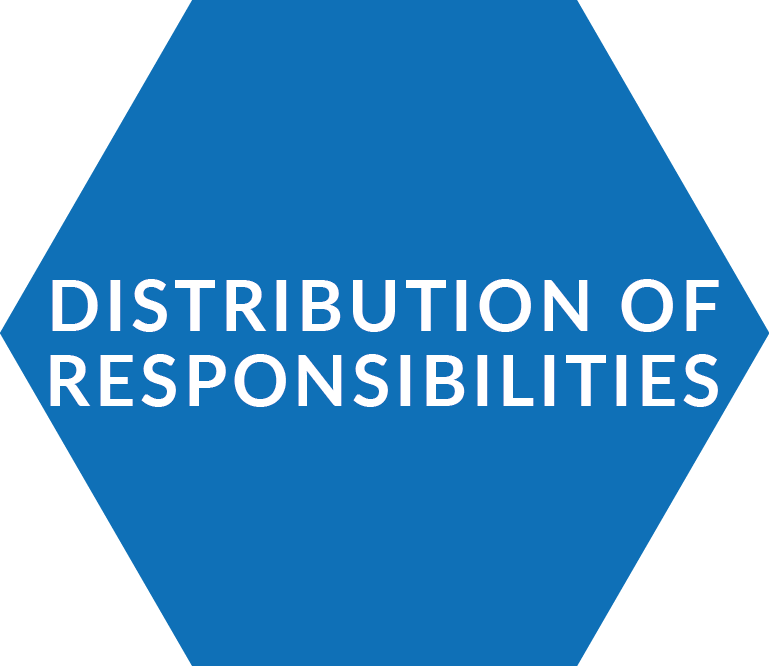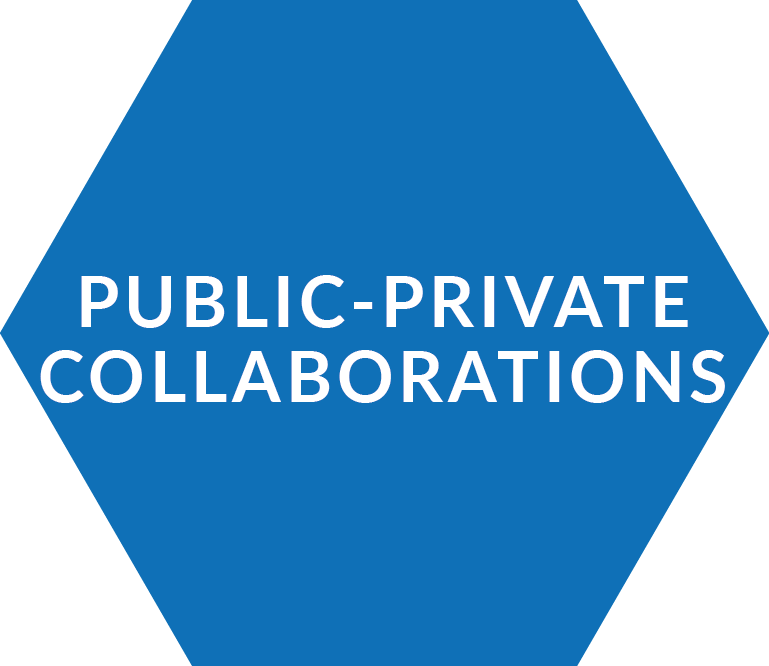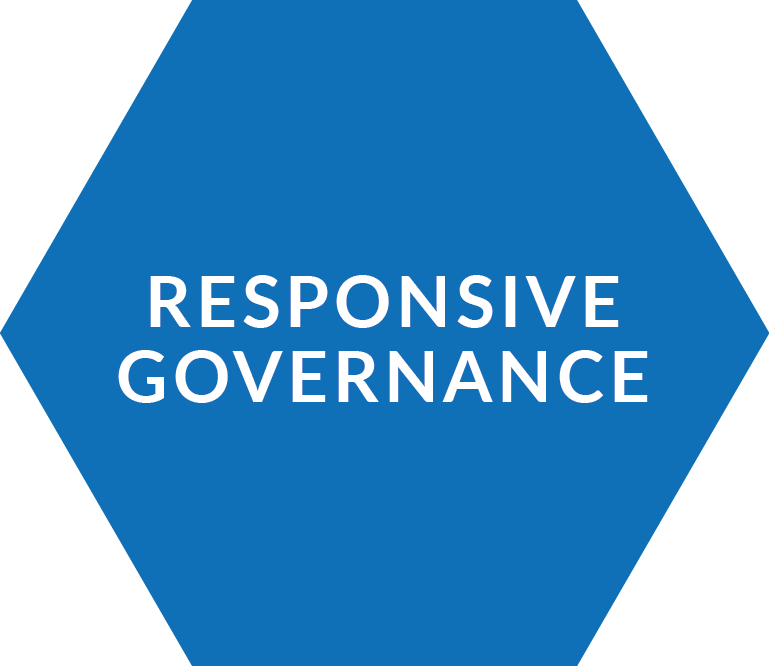Efforts to address the ‘disruptive’ ethical, legal, and social potential of socio-technical innovation have resulted in the formulation of standard procedures for Ethical Impact Assessments (EIA), which may include specifically targeted Privacy or Data Protection Assessments (PIA) (Satori 2016). It is important that PIAs and EIAs are understood and implemented as iterative, reflexive, contextual and creative processes (rather than ‘rubberstamping’ …
Technology and Power
The introduction of new technologies can change power relationships within collaborative groups. Collaborative governance will only work if there is an awareness of how a given technology affords uneven power relations in a collaborative relationship and there are efforts to address that unevenness within other aspects of the collaboration. Guiding Questions New technologies can change power relationships within collaborative groups. …
Accountable Anonymity
While anonymity can support positive practices of sharing, it can also foster negative or even illegal practices. So, if collaborative information management involves a high level of anonymity, de-linking persons from data might disrupt accountability. This might be useful when the purpose is to extract lessons learnt without apportioning blame, but there is tension between supporting anonymity but also providing …
Transparency of Data Processing
How users’ data is collected, used, and shared within and beyond the common information management system is important for transparency. Such systems hold records of users’ profiles and their actions, forming user profile data. They also collect information and data which users contribute to the system. In common information management systems in the public domain, such as Facebook, this data …
Transparency of Systems
Transparency builds upon general design principles of simplicity and separation of concerns, and is needed in order to give users control over a collaborative information management system by supporting inspection of designs, operating parameters, data flows by informed users. That way, unintended logics that are programmed into a system do not dictate the ethics of the system. Such systems should, …
Security in CIS
Securing a collaborative information management system is divided between technical forms of security, such as firewalling and encryption, and social forms of security, such as trust. In order to properly provide security to a system, both aspects must be addressed in relation to each other, not one after the other or each one by separate committees. Even more, not having …
Justifying Exclusion
Over-sharing can have detrimental effects. It can trigger unwanted consequences through disclosure and affect trust among stakeholders. In such cases, it is important to consider whether controlling access or even excluding particular stakeholders, might wield more benefits than disadvantages for the goals at hand. Strategies based on the minimisation of data and ensuring that only the data relevant to a …
Access and Fairness
Creating a collaborative information management system means creating a collaborative space where differing partners use, contribute to and access its resources. In some cases, the rights to each of these actions need to be regulated (for example, when potential public or private partners are not guided by the same interests or codes of ethics). It is important that care is taken …
Facilitating Dialogue
Those governing the collaborative information management system should facilitate dialogue between all involved organisations, try to find the means of dealing with power imbalances, and help to implement an agreed-upon process for conflict resolution. Guiding Questions Does the collaborative information management system support two-way channels of communication between partners? How can leader(s) of the system make themselves aware of power …
Distribution of Responsibilities
To facilitate collaboration, it is necessary to clarify each organisation’s rights, responsibilities, tasks, expectations, and decision-making powers in relation to collaborative information management. For example, while one organisation may host a collaborative information management system – hence becoming the managing authority and data controller, responsible for things such as system maintenance, data security – in a collaborative setting, some of …
Public-Private Collaborations
As public-private collaborations become more prevalent, there is a need to clarify the liabilities and duties of private companies working in a public capacity because there are different legal and incentive frameworks between private and public organisations (i.e. Is the contractor company legally bound to serve the public?; Are decisions based on public care or private profit?). While these collaborations open …
Responsive Governance
Collaborative governance can enable responsive governance of disaster management organisations. That is, it can allow them to be more deeply and broadly aware of both risks and capacities to respond, to be more flexible, and to responsively adapt their governance structures to accommodate diverse contributors. This also requires responsive governance of the collaborative information management system itself. It is important …
Decision Making
Collaborative governance brings public and private stakeholders together in collective forums with public agencies to engage in decision making. It is important that different stakeholders consider their common goals and objectives, including their motivation for collaboration, and define a framework through which they can achieve, monitor, and assess these goals and objectives. This can involve clarifying the formal/informal rules and norms of working together, …

